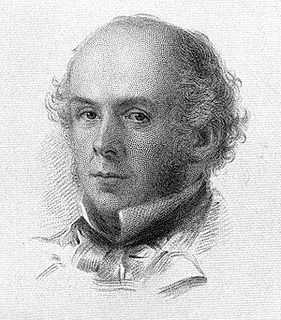A Quote by Jane Porter
If cowardice were not so completely a coward as to be unable to look steadily upon the effects of courage, he would find that there is no refuge so sure as dauntless valor.
Related Quotes
What I should like to find is a crime the effects of which would be perpetual, even when I myself do not act, so that there would not be a single moment of my life even when I were asleep, when I was not the cause of some chaos, a chaos of such proportions that it would provoke a general corruption or a distubance so formal that even after my death its effects would still be felt.
Our leaders have described the recent atrocity with the customary cliche: mindless cowardice. Mindless may be a suitable word for the vandalising of a telephone box. It is not helpful for understanding what hit New York on September 11. Those people were not mindless and they were certainly not cowards. On the contrary, they had sufficiently effective minds braced with an insane courage, and it would pay us mightily to understand where that courage came from. It came from religion.
I wasn't good enough for abnegation," I say, "and I wanted to be free. So I chose Dauntless." "Why weren't you good enough?" "Because I was selfish." I say. "You were selfish? You aren't anymore?" "Of course I am. My mother said that everyone is selfish," I say, "but I became less selfish in Dauntless. I discovered there were people I would fight for. Die for, even.
We can find true refuge within our own hearts and minds-right here, right now, in the midst of our moment-to-momen t lives. We find true refuge whenever we recognize the silent space of awareness behind all our busy doing and striving. We find refuge whenever our hearts open with tenderness and love. We find refuge whenever we connect with the innate clarity and intelligence of our true nature.
Really, one of us ought to have the courage to call the experiment off and shoulder the responsibility for the decision, but the majority reckons that that kind of courage would be a sign of cowardice, and the first step in a retreat. They think it would mean an undignified surrender for mankind as if there was any dignity in floundering and drowning in what we don't understand and never will.
Non-violence and cowardice are contradictory terms. Non-violence is the greatest virtue, cowardice the greatest vice. Non-violence springs from love, cowardice from hate. Non-violence always suffers, cowardice would always inflict suffering. Perfect non-violence is the highest bravery. Non-violent conduct is never demoralising; cowardice always is.
If we choose the right, we will find happiness-in time. If we choose evil, there comes sorrow and regret-in time. Those effects are sure. Yet they are often delayed for a purpose. If the blessings were immediate, choosing the right would not build faith. And since sorrow is also sometimes greatly delayed, it takes faith to feel the need to seek forgiveness for sin early rather than after we feel its sorrowful and painful effects.



































